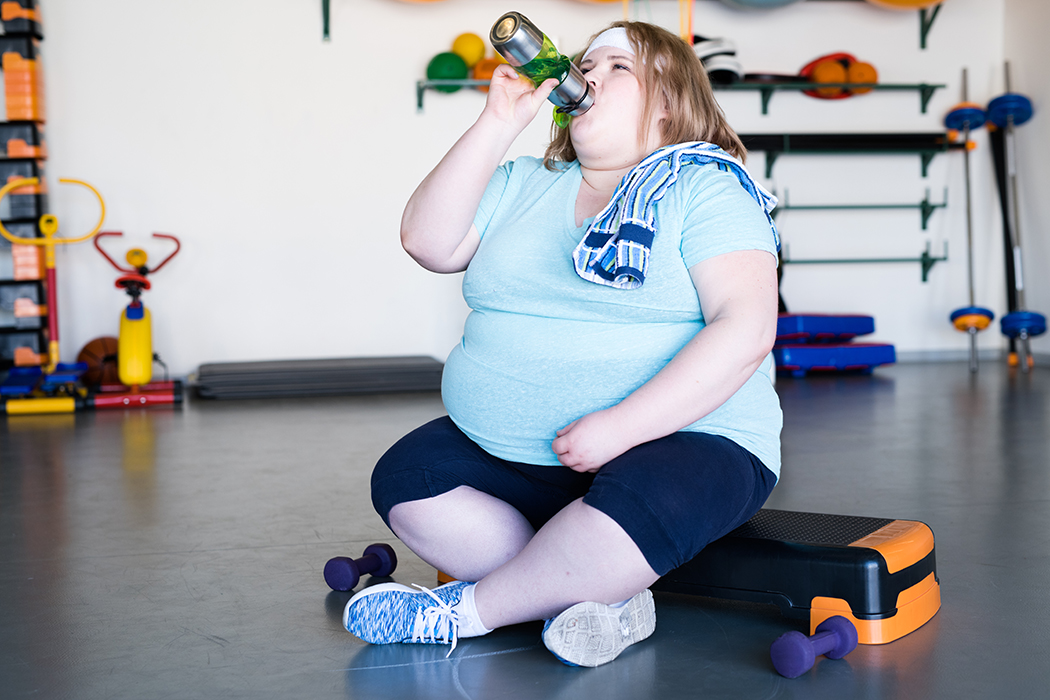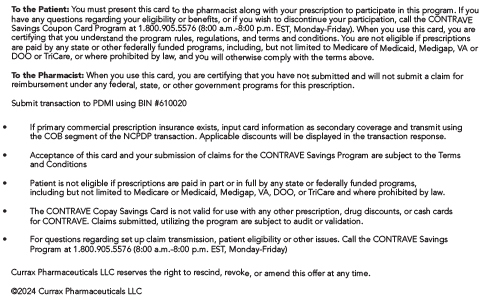Health Benefits of Exercise for Weight Loss
Many people are looking for ways to lose weight and improve their overall health, and one of the best ways to do so is to exercise regularly. There are many health benefits of regular exercise. By working with a fitness professional or your healthcare provider, you can put together a comprehensive exercise plan tailored to your specific goals. You can even build your own exercise routine and reap the benefits of physical activity by doing a little research on best weight loss exercises for your needs and lifestyle. Need a little help getting started? If you’re looking for motivation as you start building an exercise routine, look no further. Below we explore the top health benefits of exercise.
The Top Benefits of Exercise
There are many ways exercise can boost your health, but it’s important to regularly engage in physical activity to get some of the top benefits of physical activity, such as:
Reduced risk of heart disease
Cardiovascular disease remains one of the most common long-term health risks of being overweight or obese. The good news? Research has shown that physical activity can reduce the risk of heart disease.
When people exercise regularly, it is easier for their muscles to pull oxygen out of the blood. Their hearts do not need to pump as hard to distribute blood, oxygen, and nutrients to the rest of the body. This significantly alleviates the stress that is put on the heart, helping reduce the potential of developing heart disease in the future.
Improved cardiorespiratory fitness
Exercising regularly can also improve cardiorespiratory fitness, making it easier for the heart and lungs to meet the needs of the body. When you are overweight or obese, you may have a difficult time not only engaging in exercise, but also completing daily activities.
For example, a person with excess weight may have a difficult time cleaning the house, walking up and down the stairs, or even going to the mailbox to get the mail. Exercising regularly can help improve your cardiorespiratory fitness and give a boost to your overall physical health.
Reduced stress
Exercise may also have an impact on your mental health as regular exercise can help you reduce stress levels.
Exercise provides a healthy outlet for stress relief. Getting sustained movement—whether it’s kickboxing or dancing in your kitchen—can help the body burn through stress. Plus, exercising releases chemicals in your body called endorphins, which can make you feel happy (and help encourage you to exercise again). Working out may also improve your ability to sleep at night, giving your body a chance to rest and recharge.
Reduced risk of developing type 2 diabetes
By sticking to a regular exercise regimen, you may lower your risk of developing type 2 diabetes. Type 2 diabetes is one of the most common chronic health conditions in the country, and those with this type of diabetes are also at risk for developing other chronic health conditions.
Studies have shown that exercise can reduce someone’s risk of developing type 2 diabetes by improving the body’s sensitivity to insulin. This means that the body is more likely to respond appropriately to an increase in its insulin levels by lowering its blood sugar levels, which could reduce the risk of developing type 2 diabetes moving forward.
Tips for Exercising Regularly

Clearly, there are many positive health benefits associated with exercise. At the same time, if you want to maximize the benefits of exercising regularly, you need to put yourself in the best position possible to be successful. It is important for people to work out in a way that not only helps them to lose weight, but also helps them avoid injury.
Below are a few tips that can help you create and stick with an exercise routine.
1. Make a plan
If you want to maximize the benefits of exercise, you need to start by making a solid plan. While you might have a specific goal in mind, you will be more likely to meet that goal if you develop a plan that will help you get there. A few important points to keep in mind:
- Set goals: What are the goals you have for yourself? You need to make the goals as specific as possible. For example, you may say that you want to work out for 30 minutes every day. Or maybe you want to be able to run a mile after 3 months of training. Setting specific goals is important because it will allow you to hold yourself accountable—and make the goal achievable.
- Make a schedule: You also need to make a clearly defined schedule that specifies when you will exercise. One of the most important parts of making exercising a habit is to make time in your day for it. Creating a consistent schedule will help you do just that.
- Create a workout plan: You should also create a plan with specific exercises you can perform. This will make it so that you know exactly what you’re doing once you get to the gym or start working out. You may also want to make these workouts more strenuous as you get in better shape.
2. Find an accountability partner
While exercising on your own may be an option for some, you may be more likely to find success if you have an accountability partner to exercise with. Having an accountability partner is great because it makes it more likely for you to exercise on a regular basis, even when you may feel tired or unmotivated—because you have another person involved.
Ideally, your accountability partner should be someone who performs the same exercises as you. That way, you can watch each other, help each other out, and make sure both of you are performing the exercises properly. Ask amongst your friends and family members to see if anyone is down to get sweaty with you.
3. Find activities you enjoy
If you do workouts that you truly enjoy, you will be more likely to stick to your exercise routine as time goes on.
For example, while running on a treadmill can certainly help you get in better shape, it may not necessarily be the most enjoyable activity for you. Place exercise in the context of your interests. If you love the outdoors, for example, you may want to consider hiking regularly. Or, if you enjoy music, you may want to consider dance aerobics classes.
There are so many ways to get active, so it’s up to you to explore all the different activities and exercises out there. Try signing up for a new class or do something that takes you out of your comfort zone. If you’re able to have fun while being active, you may start to look forward to exercising!
Final Notes
Consistency is key. If you can stick to your exercise routine, you may find you have an easier time losing weight and keeping it off. Everyone’s situation differs in certain ways, but regular exercise is crucial if you want to lose weight and stay healthy.
To get started on your weight loss journey, consider taking a weight loss assessment that will help you figure out why you have struggled with your weight and how you can reach your goals. Remember that you may want to combine your exercise plan with some dietary changes, such as cooking healthy meals at home or trying intermittent fasting.
When you kick off your exercise plan, start low and go slow. You do not have to go out and run a marathon right away (in fact, you shouldn’t). Instead, set realistic goals, plan, find activities you enjoy, and, of course, have fun along the way!
Related Resources

How Much Water Should You Drink a Day?
View
Lifestyle Changes to Help Lower Cholesterol
View
Exercising to Lose Weight: Best Weight Loss Exercises
ViewLatest Resources
Ask your healthcare provider about CONTRAVE
Get help starting the conversation.
The CONTRAVE Chronicles Blog
Get recipes, workouts, success stories, and healthy lifestyle tips.
Just getting started with CONTRAVE?
See what you can expect.




